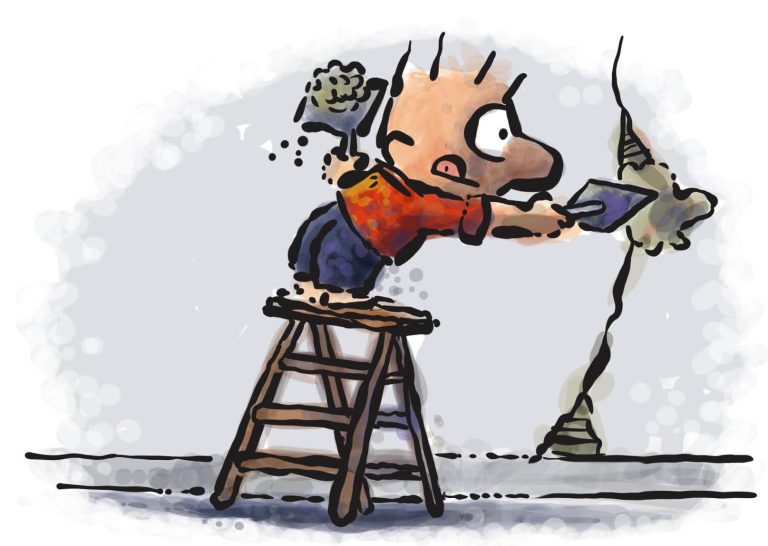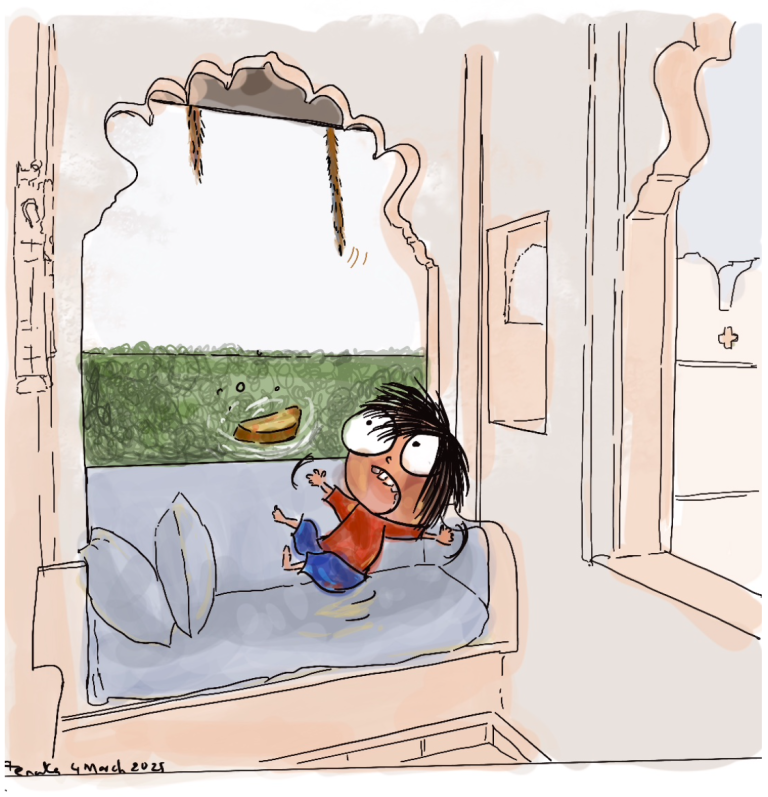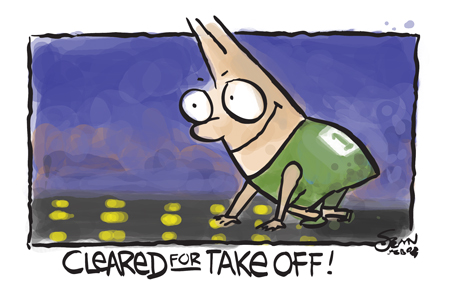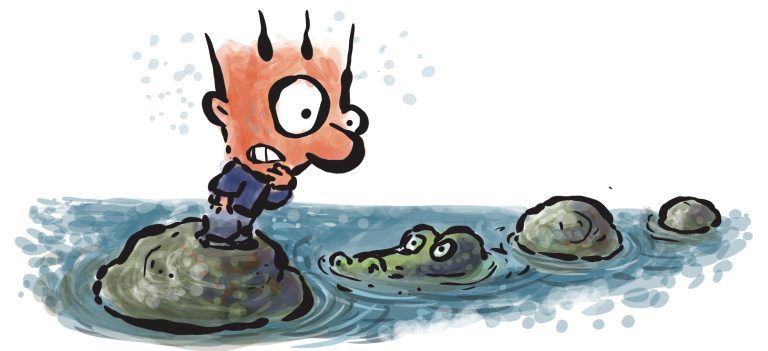
At any stage in business, you have fears. And you look at others and think they are so successful.
However, every business owner has fears; they just don't share them with you. Here are a few stories on business fears and how to overcome them.
When clients look at us, me in particular, they see an almost unblemished trail of success. But you can’t see the fear behind what we’ve been through. Yes, it’s fear. Let’s go into story land and learn about the fear and possibly how to overcome it.
Right click to save this episode.
Note: (This is an unedited transcript)
Many years ago, I read a little book, and it talked about stress.
And what was interesting to me was that it didn't really call it stress, it called it fear. And kids do this correctly. They go up to a parent and they say, mama, I'm scared. They're fearful. And as adults, we can't say the word, I'm scared.
So we say, I'm stressed. But in reality, it's fear. And today's episode is about three instances of fear that we had at Psychotactics. Yes, it's story time. So let's get on to the first episode, the first section, where we talk about the stress of relaunching something when it has just failed.
I can't remember the exact date, but I think it was around 2010. We had launched the copywriting course. This is where you write sales pages, when you're selling a product or service, and only three people signed up.
Was that course a problem? Did we make a mistake while launching it? Was it the right time?
Did we have the wrong audience? We didn't know the answers, and nobody knows the answers. And finally, nobody asks the questions. Nobody from our list asked us, hey, did you fill up the course? Is it 50% full? Is it 25% full? Is it 100% full? No.
So we went ahead with the course, just three people, and they were excited to be on the course because it felt like personal consulting.
So what do you do next?
Do you just ditch the course? We decided to run it the following year. And when we did so, something unusual happened. The course filled up in under 24 hours. It was the fastest selling course in the history of Psychotactics. We've never had a course before or since that has filled up at that speed. And you know where this could have all ended? It could have all ended in fear.
The fear that we were doing something wrong, we were going to the wrong audience, we were doing something that we shouldn't be doing. We couldn't call it stress because it was fear. It was, are we going to fail at this early juncture in our business?
We just went ahead.
And usually when something goes wrong very early in your career, or even much later, you start to blame yourself and you don't need to blame yourself. You just need to relaunch it and see how it goes. And in doing so, you overcome that fear. So maybe you won't have the fastest selling course.
Maybe you'll go from three people to five people, or from three people to one person, and then after that, you'll figure out what you were doing wrong, if you were doing anything wrong, and then you'll fix it. Because when you think about it, anything that you do is like making a dish.
The first time you make it, it's not going to turn out so well. But sometimes, the 15th time or the 50th time that you make it, something goes wrong, and you just have to renegotiate and go, okay, I'll make the same dish tomorrow, and we'll see how it goes.
That's the first fear of something just failing without any understanding of why it's failing, or what we did, or if anybody else was supposed to do anything. And that's the first fear. But the second type of fear, it's more annoying.
You know what you've done wrong.
You know that it's going to scare the heck out of you when you try to do it again. And that's precisely what I had to do when I had to go for a speaking engagement in Wellington.
When I first started speaking, I had lots of speaking engagements, and yes, it took me away from Auckland quite a bit. I love speaking, I love getting on stage, I love audiences, but on this one occasion, I completely bombed.
I had just listened to a sort of podcast or audio recording, and this person said, you know, you shouldn't have slides, because slides take away from your presentation.
So like an idiot, I decided to just follow their advice.
It wasn't for me, but I followed their advice anyway. And when I got on stage, I forgot what I had to say. This wasn't just minutes after I got on stage. I'd been on stage for about 10 minutes, 12 minutes maybe, and then I went blank.
And if it were some free speaking engagement, maybe I wouldn't have thought so much about it. It's still terrifying, but I wouldn't have thought so much about it. Instead, this was a company that had paid me to be a professional, and somehow I'd goofed up.
So I exited the stage, went to my hotel room, locked myself there, and didn't show up or didn't emerge until I had to go to the airport. And when I got to the airport, I was hoping nobody would recognize me. That's not the end of the story. That wasn't the fear. The fear was that a couple of years later, I was scheduled to speak at the same venue in Wellington.
Now, it's not the same audience, it's not the same speech, and I have my slides, and I'm a completely different person, but it doesn't matter because the fear, or what we call stress, is still embedded in our systems. It was certainly embedded in my system. The fear was all the way from Auckland to Wellington, when I got to the hotel, when I got to the stage.
And then, you know the story, it ended well. And this is a second type of fear that we have, where we know what we have done wrong. We know sometimes the exact steps that we should have taken.
But we call it stress, and we avoid that situation over and over again. It might not be monumental, like standing on a stage in front of an audience. It might just be something that we have to do at our workplace or in our home, and we failed at it before, we know why we failed, and we decide we're not going to do this again.
It's too scary.
Yes, it is scary and that's what kids would call it. They would call it scary and then they would back away. And you, if you were a parent, you would say, okay, let me just walk you through this. Let's try it again.
Because you want to overcome that fear that you had, knowing fully well that you were the one responsible and you know how you got into that mess. To get rid of the stress, to get rid of the fear, you just have to do it again, and maybe again. But eventually, it'll go away. So those are two kinds of fear.
The first one where we don't know what we've done, but we just do it again. And the second time where we realize the mistake that we made, and then we go ahead and attempt it one more time. But the third kind of fear is the most insidious of all, and that is the fear of being an imposter.
You know that in the year 2000, I got to New Zealand, and at that point, I was a cartoonist, and a very good cartoonist, by the way. I got a substantial amount of work, considering that I was brand new in Auckland, and yet I wanted to do marketing. I wanted to take that time off, those three month vacations.
I didn't know it at that point in time. I didn't know it was gonna be three months or two months. I just wanted a different life from what I'd been leading back in India, where I was working quite a lot, taking time off, but not taking these huge chunks of time off.
I started reading books on marketing.
I went to the library, maybe 30 books at a time. And that's when I decided this is what I want to do. I want to do marketing. But I felt like an imposter. I would go to networking meetings week after week, every Friday.
And I'd stand up and talk about marketing. But I didn't know anything about marketing. When I got my first consulting job with the Sofa store, I told the owner, I'll be back on Monday with a plan.
And I signed up for two workshops on the weekend. Spent about $3,000 on those two workshops. Didn't even go to one of them. But that's how much of an imposter I felt. Now if you're in your kitchen and you're trying to make a different type of bread or a different dish, you're not going to feel imposter syndrome.
But if you're doing something that's remarkably different, and you have to change who you are in a way.
I had to go from being a cartoonist to somebody who knew what they were talking about. And I didn't know anything about marketing. Words like marketing strategy and tactics, well, they really scared me.
This is one recurring fear that comes true for all of us. Sometimes people get on to an article writing course or a cartooning course, and they start to write really well, and they draw really well. But at the end of the course, they decide that they are just learning.
And that's the imposter syndrome coming through.
It's, I couldn't have learned all of this stuff in 12 weeks. I couldn't be so good in 12 weeks. Surely something is wrong. And I had to do something similar. I had to overcome that fear that I was just learning. I had to tell myself, you know enough. And you know what? We do know enough.
When we launch a course, we don't worry about how many people are going to show up, what's going to happen. We just go with the flow. And if it happens, it happens. If it doesn't, it doesn't. If I have to go and speak to an audience, Renuka will tell me, you better prepare. And she'll tell me this about 16 times.
But I already know, to overcome that fear, I have to be prepared. And finally, I don't have Impostor Syndrome. Well, I'm saying that, but every time you learn a language, every time you learn something brand new, there is a certain Impostor Syndrome that comes in. It's a beginner syndrome, and beginners are supposed to be fearful.

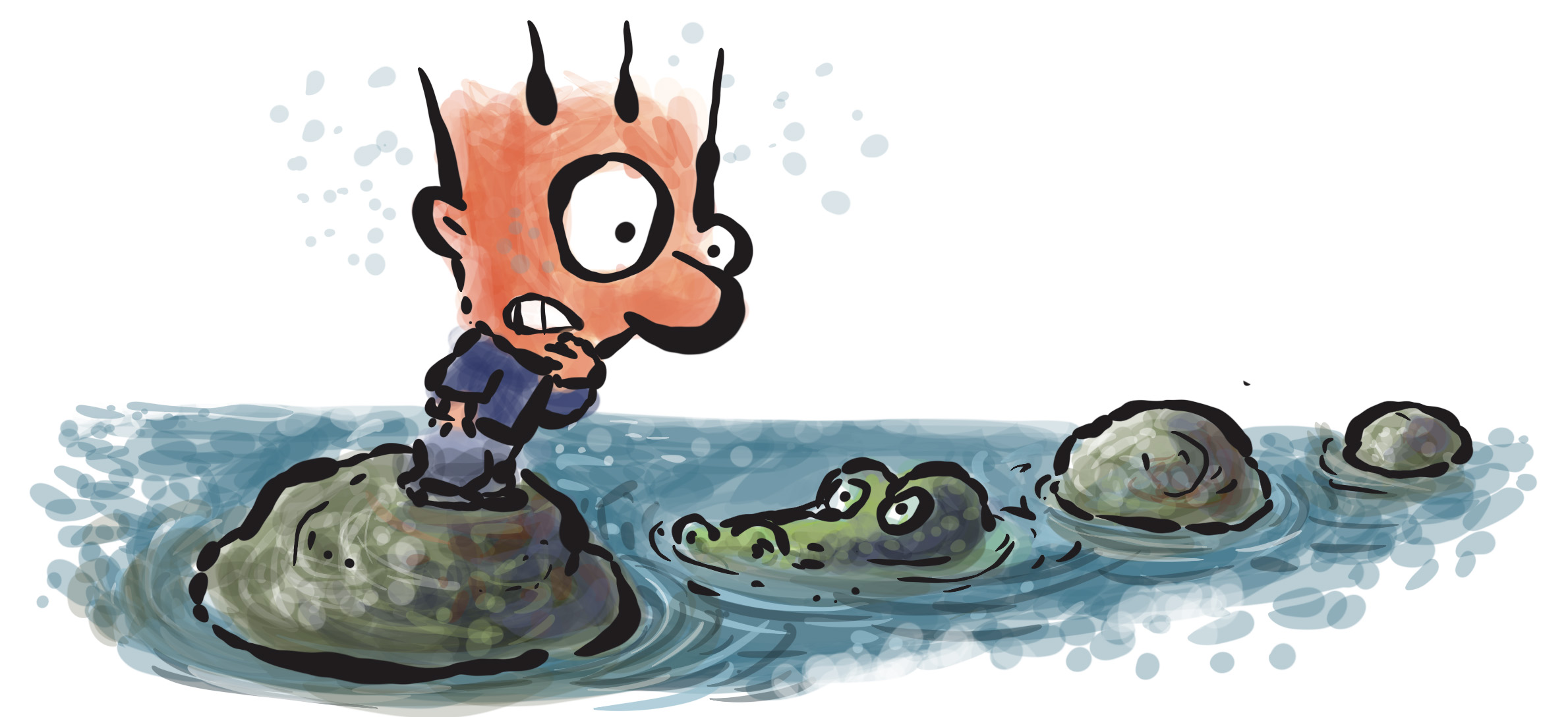
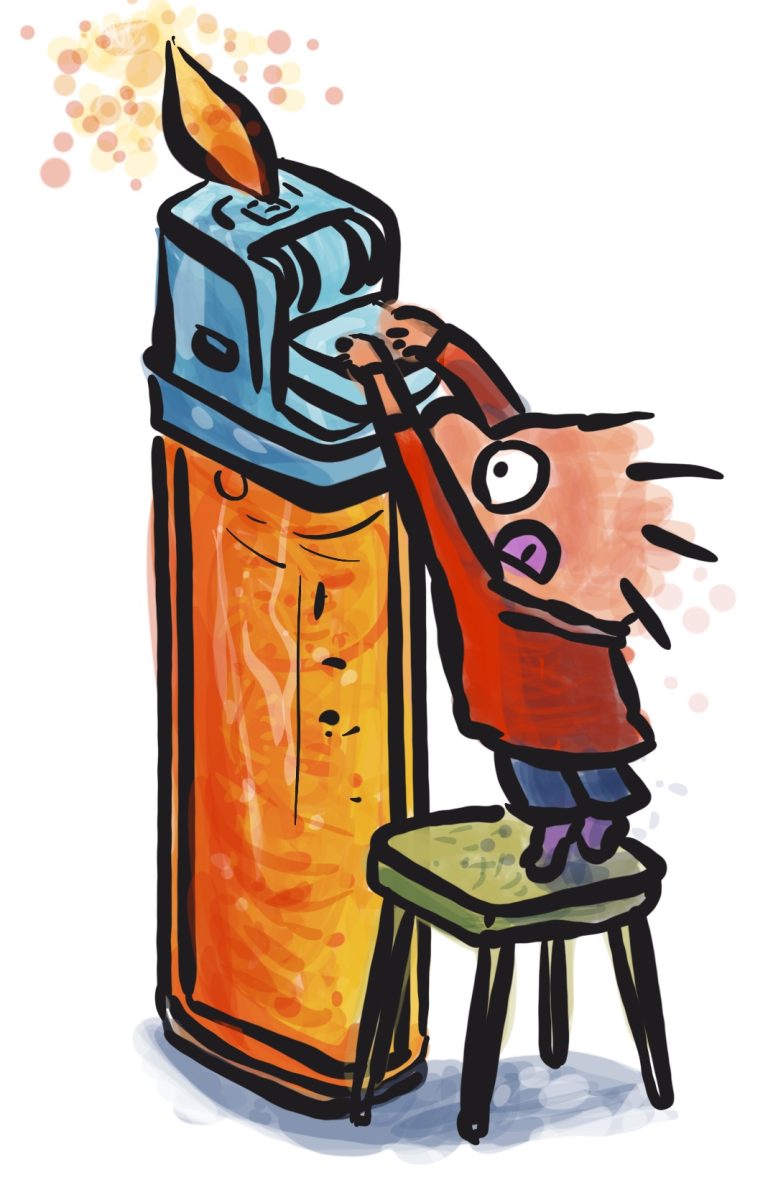
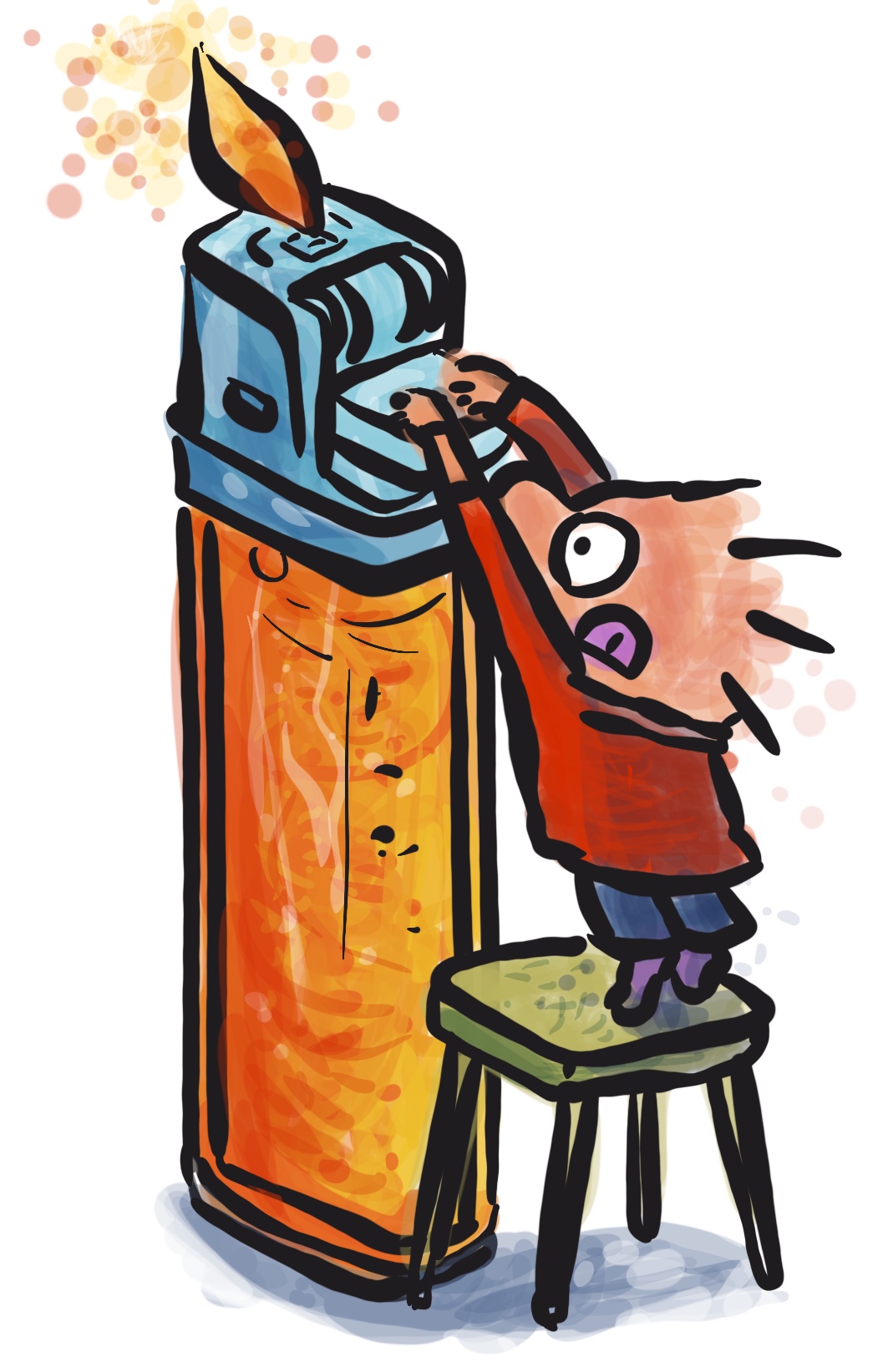 If you ask anybody, you will hear that things have gotten a lot worse.
If you ask anybody, you will hear that things have gotten a lot worse.

